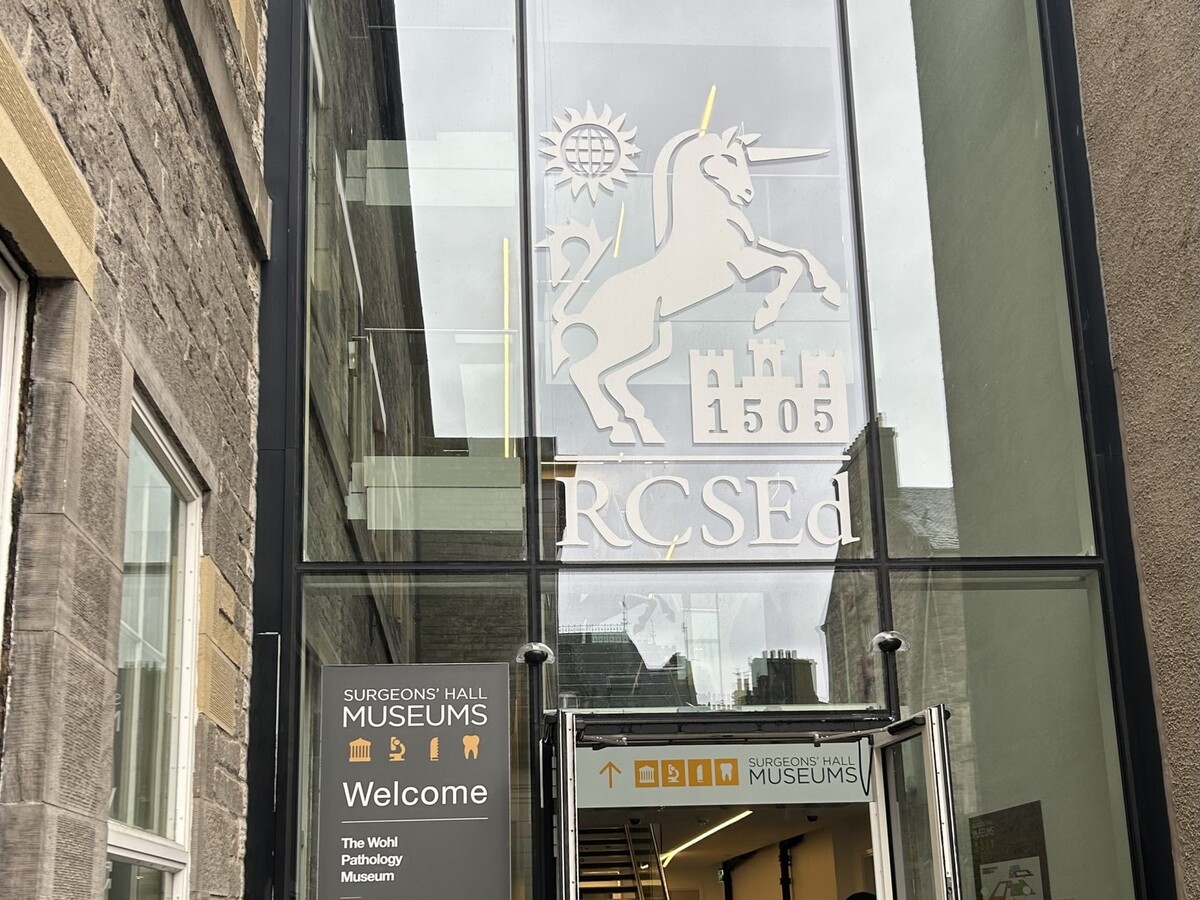KUALA LUMPUR, April 10 — The Ministry of Health (MOH) touts cooperation between the local higher education system and international counterparts in training specialist doctors, as the turf war over medical specialisation deepens.
CodeBlue reported yesterday – based on emails obtained from court filings – that the National Heart Institute (IJN) requested last January eight cardiothoracic surgery parallel pathway trainees and graduates from the Royal College of Surgeons of Edinburgh to go to Universiti Teknologi MARA (UiTM) for credit transfer and “accreditation”.
The request from the head of IJN’s Department of Cardiothoracic and Vascular Surgery to its eight clinical fellows was made after the Malaysian Medical Council’s (MMC) 435th meeting last October 17 deemed that the Fellowship of the Royal College of Surgeons of Edinburgh in Cardiothoracic Surgery (FRCS Ed) was not recognised by the regulatory body.
UiTM’s new cardiothoracic surgery programmes – Master in Surgical Sciences (Cardiothoracic) and Doctorate in Cardiothoracic Surgery – are not included in the list of recognised postgraduate qualifications on MMC’s website. The doctorate programme received provisional accreditation from the Malaysian Qualifications Agency (MQA) from 2020 to 2025.
“In terms of the way forward, firstly, the minister has always emphasised his commitment that the ministry must provide the best quality care by qualified health care workers and highly skilled specialists,” a highly placed source in the MOH told CodeBlue yesterday, on condition of anonymity as they were not authorised to speak on the matter.
“Secondly, in an ideal scenario, our education and training ecosystem must work together with their international counterparts and partners to bring about the best outcome.
“As such, after the amendment has been passed, further policy actions will be towards achieving these two purposes. It will be a win-win situation for all parties.”
The MOH source was referring to the government’s plans to table an amendment bill in June to revise the Medical Act 1971 (Act 50) – announced by Health Minister Dzulkefly Ahmad last April 2 – to resolve the conflict surrounding the MOH’s parallel pathway programmes with overseas royal colleges that saw the MMC rejecting applications by several graduates to register as specialists on the National Specialist Register (NSR), due to non-recognition of their postgraduate qualifications.
MMC has already been hauled to court in at least three recent cases: four FRCS Ed cardiothoracic surgery graduates (including two currently working at IJN); one graduate with Fellowship of the Royal College of Surgeons in Ireland (FRCS Ire) in neurosurgery; and six Universiti Sains Malaysia (USM) graduates with Master of Pathology (Medical Genetics).
In these three cases, judicial review applications were filed in the High Court here to contest the MMC’s rejection in December, October, and August last year respectively of the applicants’ NSR registration applications. The current MMC president is Dr Muhammad Radzi Abu Hassan, who came into office when he was appointed Health director-general in April 2023.
Crucially, Dr Muhammad Radzi issued a press statement last March 25, in his capacity as MMC president, to claim that the MMC had never, “at any time”, recognised the FRCS Ed in cardiothoracic surgery qualification.
“MMC is a statutory body which operates independently from the Ministry of Health. However, as the policymaker, the ministry must consider all views and act accordingly in public interest,” said the highly placed source in the MOH.
“Hence, the AGC (Attorney-General’s Chambers), upon all input from all stakeholders and our current business requirements, came up with a proposal to amend Act 50.”
The source did not specify the amendments to the Medical Act that Dzulkefly or the MOH plan to introduce in just two months’ time in Parliament.
In the three court cases involving the MMC, the statutory body that regulates the practice of medicine in Malaysia has always cited Section 14B of the Medical Act that lists holding a “recognised specialist qualification” as one of the requirements to be registered as a specialist under this law.
The Medical Act also mandates that the Health DG be the MMC president. Out of the 33 MMC members, only 17 or just over half are elected, with the remaining 16 being appointed positions.
In response to IJN directing FRCS Ed trainees and graduates to apply to UiTM’s cardiothoracic surgery programmes for credit transfer and “accreditation”, the highly placed MOH source said the ministry would not be able to provide specific comments, due to the ongoing legislative process on the Medical Act.
“This is especially so because the said email was sent quite some time ago before the current proposal was adopted,” the source said, referring to the January 12 email sent three months ago by Prof Dr Alwi Yunus, head of IJN’s Department of Cardiothoracic and Vascular Surgery, to eight FRCS Ed trainees and graduates.








